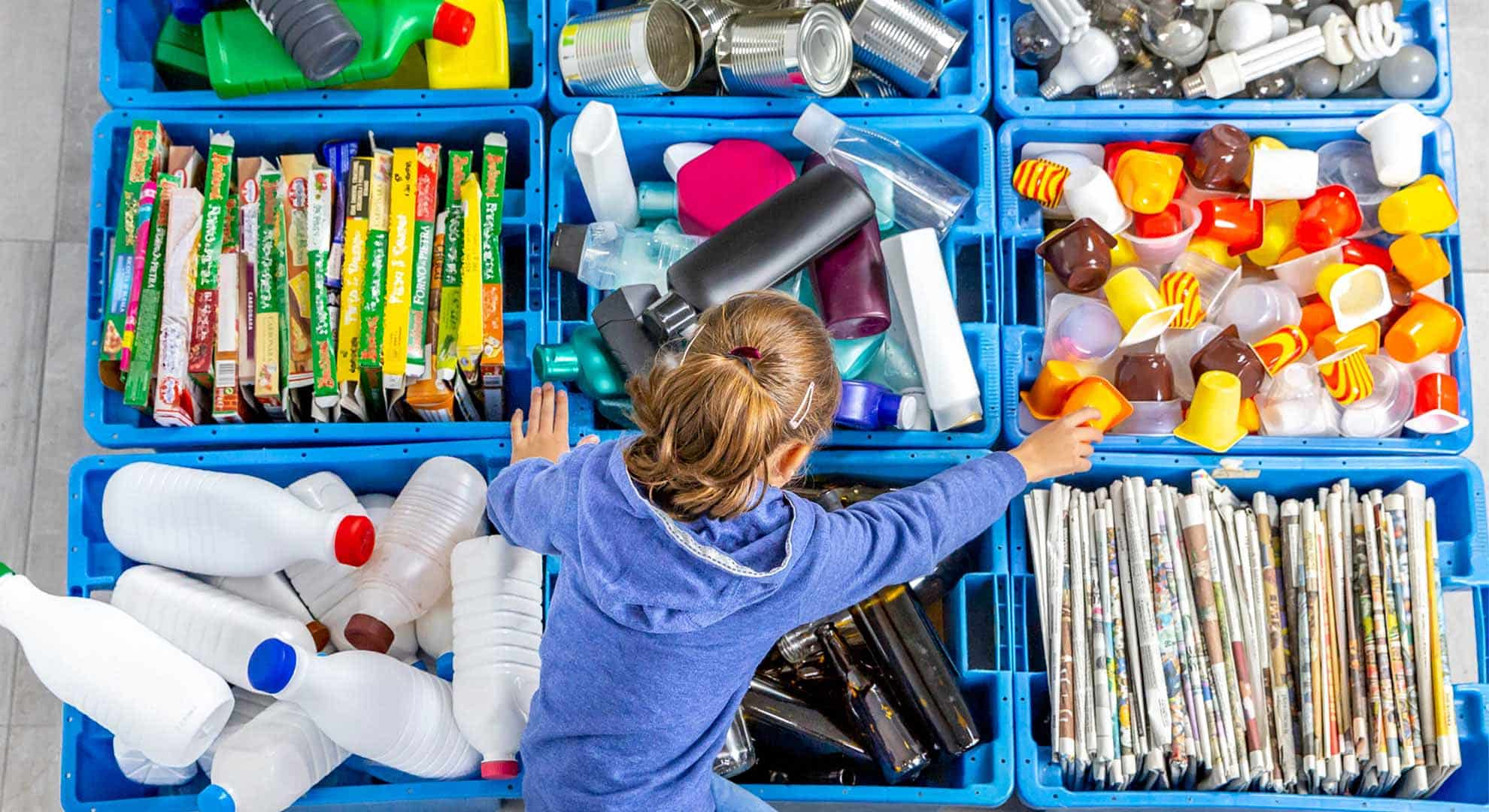
Time to wake up from the packaging waste nightmare
We’ve all been there. Trying our best to do our bit to help save the planet, when a really essential item that you had to order online arrives in such a ridiculous amount of packaging that it makes you feel like it’s an impromptu game of pass the parcel.
It’s made even worse by the fact some of the packaging can’t be recycled. You feel so guilty, but what could you have done to avoid it?
You take a picture of all the pointless packaging and share it with your WhatsApp groups and Facebook friends. They’ve all been there too and share your frustration.
Environmental impact of single-use packaging
Got you feeling angry? Made you laugh in disbelief? You’re not alone. 77% of us are concerned about the amount of single-use items and single-use packaging we go through in Scotland because of the negative environmental impacts such as ending up as landfill or litter.
While we are all trying our best to reduce, reuse and recycle everything we can, sometimes, it’s out of our control. In fact, 10 million tonnes of packaging waste is produced in the UK every year. A lot of this ends up in landfill, two-thirds of which could have instead been recovered.
There’s no getting away from the fact that we do need a certain amount of packaging to protect and preserve products. It serves an important purpose. Otherwise, we’d be forever returning damaged goods and binning rotten food too soon off-the-shelf.
As well as the excessive and unrecyclable nature of many items of packaging, you’re no doubt also infuriated sometimes at the lack of clear recycling labelling – as reported in this Which article in 2020 as “holding back recycling.”
The big shake-up for packaging waste
The good news, however, is that how packaging waste is managed is in for a BIG shake-up in line with the “polluter pays principle,”. This means that producers (be that brand owners, sellers or online marketplaces) will be responsible for paying packaging waste costs.
By placing the main point of obligation to pay on brand owners, they will be encouraged to choose more sustainable packaging options which are recyclable and reusable as much as possible otherwise, they will have to pay higher fees.
This is a system known as Extended Producer Responsibility (EPR) – meaning that those who have control over packaging design decisions will be incentivised to do the right thing for the planet at the outset and consider what happens at the end of the packaging’s life from the start.
What this means is that instead of local authorities picking up the bill for household waste management, producers (of a certain size, there will be exemptions for small business) will have instead to pay for managing your household packaging waste as well as that from businesses, and they will be met with the associated litter costs too.
And, as an added bonus, the new EPR laws on packaging will also mean that producers are required to put clear mandatory labelling on packaging, for example this could be “RECYCLE” or “DO NOT RECYCLE”.
With the incentive on producers to move towards recyclable packaging as much as possible, we hope that the “DO NOT RECYCLE” category labelling is the minority. It is aimed that by 2030, 78% of packaging will be recycled in the UK.
Extended Producer Responsibility (EPR) will mean that those who have control over packaging design decisions will be incentivised to do the right thing for the planet at the outset and consider what happens at the end of the packaging’s life from the start. #HowToWasteLess
Share on

What’s next for Extended Producer Responsibility?
By putting the onus on brand owners to reduce packaging waste and improve packaging recycling, this systemic change will make a huge difference in the UK by cutting packaging waste and improving packaging recycling.
The second stage of industry consultation on this extended producer responsibility scheme for packaging concluded in June 2021. The Scottish Government continues to work with other UK administrators to introduce packaging EPR from 2025 onwards in a phased manner.
